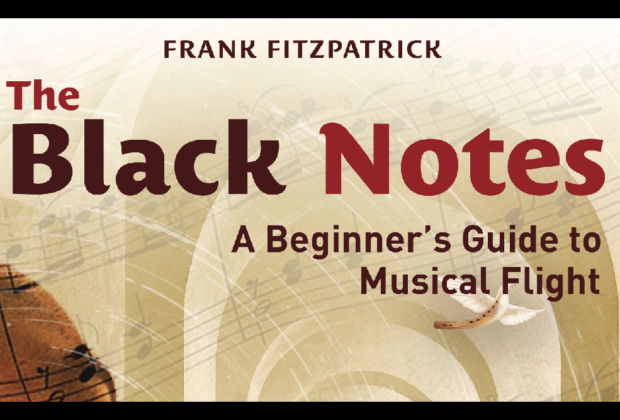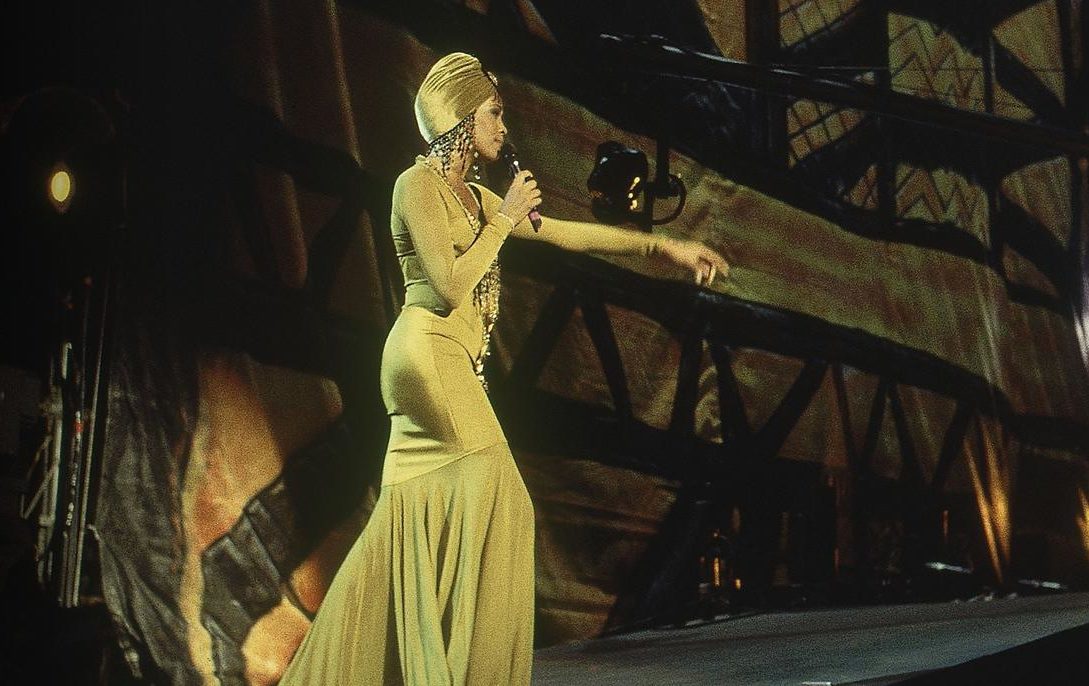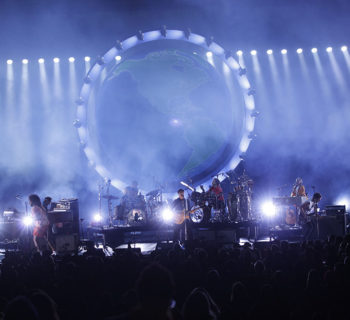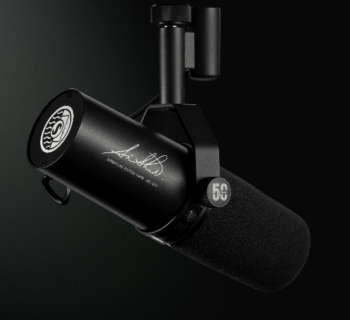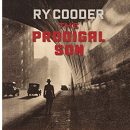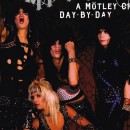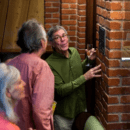The Black Notes: A Beginners Guide to Musical Flight
Based on the book Amplified: Unleash Your Potential Through the Power of Music
A dear friend of mine is the father to a brilliantly gifted boy named Daniel. Daniel was studying oboe and piano. During one visit to their home, when Daniel was 12 years old, his mother asked him to play piano for me. She thought I might be able to help Daniel develop more discipline with his musical studies by helping him better appreciate the importance of practicing. Daniel had a good ear, so he didn’t have to practice much to learn new pieces. He also had an extremely active and intelligent mind and, like most 12-year-olds, was a bit impatient. 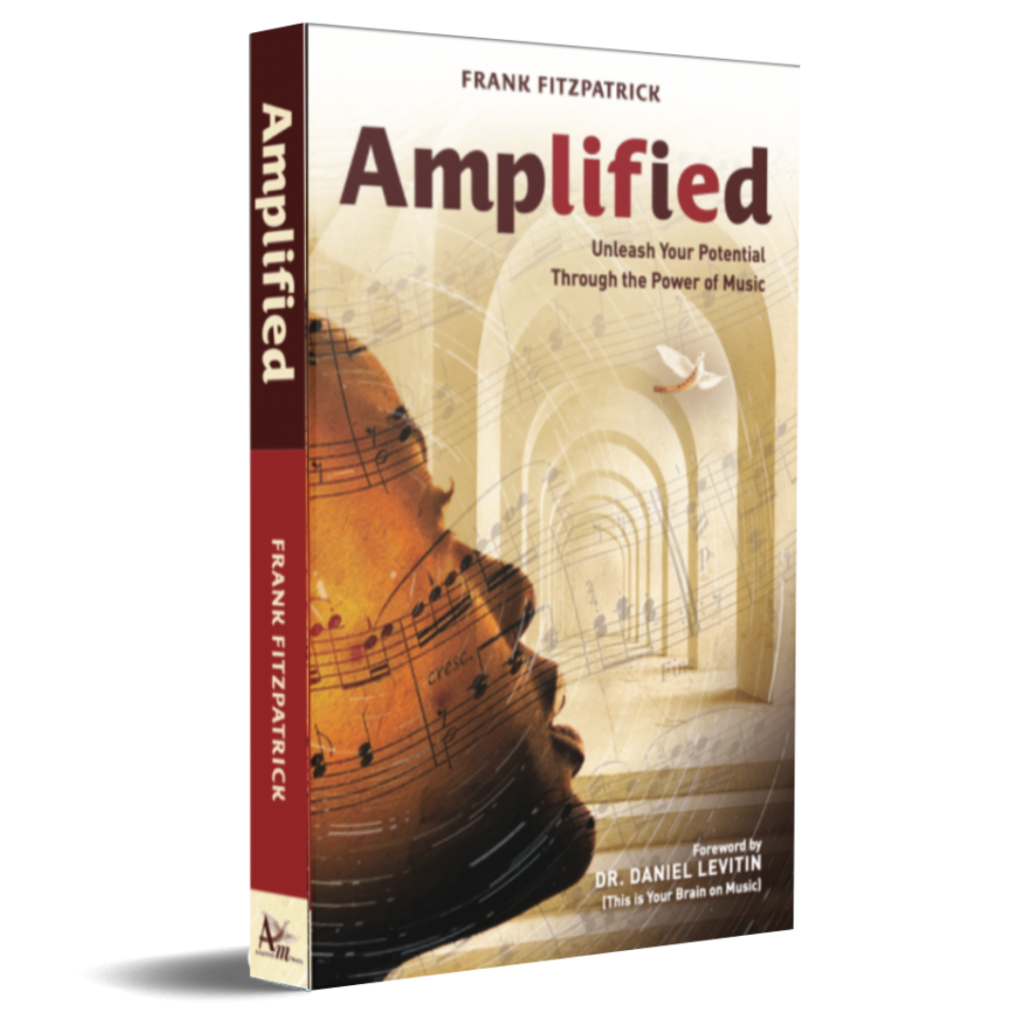
I took a seat at their beautiful Steinway grand piano and looked at the open piece of music he had been practicing. I asked him if he would play for me. Daniel sat down next to me on the piano bench, with his mother watching from the couch, and started playing the piece from his latest lesson. He rushed through the difficult passages, getting frustrated with himself and stopping when he made a mistake. He then quickly picked back up where he left off and rushed through to the end. It was almost as if Daniel was playing notes to score points in a video game. His brain was highly engaged and his fingers were following suit, but his body and breath were completely disconnected.
Daniel didn’t need my help to become more disciplined or to learn better performance techniques. He already had a classically trained, qualified piano teacher for that. What Daniel needed was a way to experience his relationship with the piano differently—to step back from his drive to score points with me, his teacher, and his mother. My challenge was to help him let go of his self-judgment and experience playing his instrument like he experienced listening to his favorite piece of music: in a way that filled him with joy and resonated within every cell in his body.
A New Kind of Music Lesson
I asked Daniel if he would try something new for me. He agreed. Still seated next to him on the piano bench, I instructed Daniel to close his eyes, sit up tall, and start breathing deep and long into his diaphragm. Once he was relaxed and more in touch with his breath and body, I asked Daniel to place his hands on the piano, but without depressing any keys.
Next, I asked Daniel to play one note or interval at a time, restricting him to only playing the black notes. Meanwhile, I controlled the piano’s sustain pedal with my foot. Because the black notes are arranged in a pentatonic scale with no dissonant intervals, this meant that Daniel couldn’t play a wrong note. More importantly, it meant he didn’t have to think and could continue to stay mindful of his body and breathing. Once out of his thinking mind, Daniel could relax and let the sound from the piano wash over him, fill him up like his breath, and draw him more deeply into the resonant field of music moving through him.
Daniel’s mom looked on while for the next several minutes Daniel’s fingers glided across the black keys and he surrendered to the beautiful, almost unpredictable, melodies and harmonies emanating from the piano. It was as if the piano were playing Daniel. The look on his face was a mixture of awe and bliss.
When he finally took pause and opened his eyes, ten full minutes had passed. Daniel’s mom, looking on from the couch with amazement, asked him, “What did that feel like?”
A glossy-eyed Daniel replied, “I was flying! It’s like I was flying. I never felt like that before.”
What Daniel experienced is something anyone can tap into while playing music—but only when they are not trapped by expectations set by themselves and others, by the dissonant vibrations that can come from mismatched notes, or by the technical challenges of becoming competent with a musical instrument. This is a feeling we can all discover once we get out of our own heads. This is a place beyond performance—an experience of the love music has for us. And for you.
When you let the sound of an instrument become one with your breath and allow it to resonate through your body, you can awaken the genie within you. You can unleash one of your most powerful human attributes: your imagination. And yes, you can even learn to fly.
I have used this exercise on many occasions: to show nonmusicians how to play, and enjoy playing, the piano in just ten minutes; to help highly trained musicians shift out of their highly critical performance mode so they can more deeply connect to the essence of music within them; and to help clients take a reprise from their busy days, open up their creativity, or learn to meditate using the piano.
I want everyone to be able to experience the love music has for them, and that means you. This is a state that often takes a masterful musician years to learn: to move beyond performance and let the music play you. Think of it as a meditation or mindfulness exercise, but through music. Rather than being the performer, you become a receiver of healing sounds played by the piano.
A Beginner’s Guide to Musical Flight
Whether you are a musical pro or have never placed your hands on the piano before, the Black Notes is a great way to introduce you to the piano for the first time or reintroduce yourself to it with a different experience.
You can get a copy of the exercise, learn why the black notes affect your brain so profoundly, and discover other time-tested and scientifically-validated gems to unleash your potential through the power of music in my latest best-selling book at AmplifiedBook.com. Or you can download a copy of the Black Notes exercise for free at amplifiedmedia.co/bonus.
Go ahead, try it. Take a leap of faith and see if you, like Daniel, can feel what it’s like to fly on the wings of music. •

